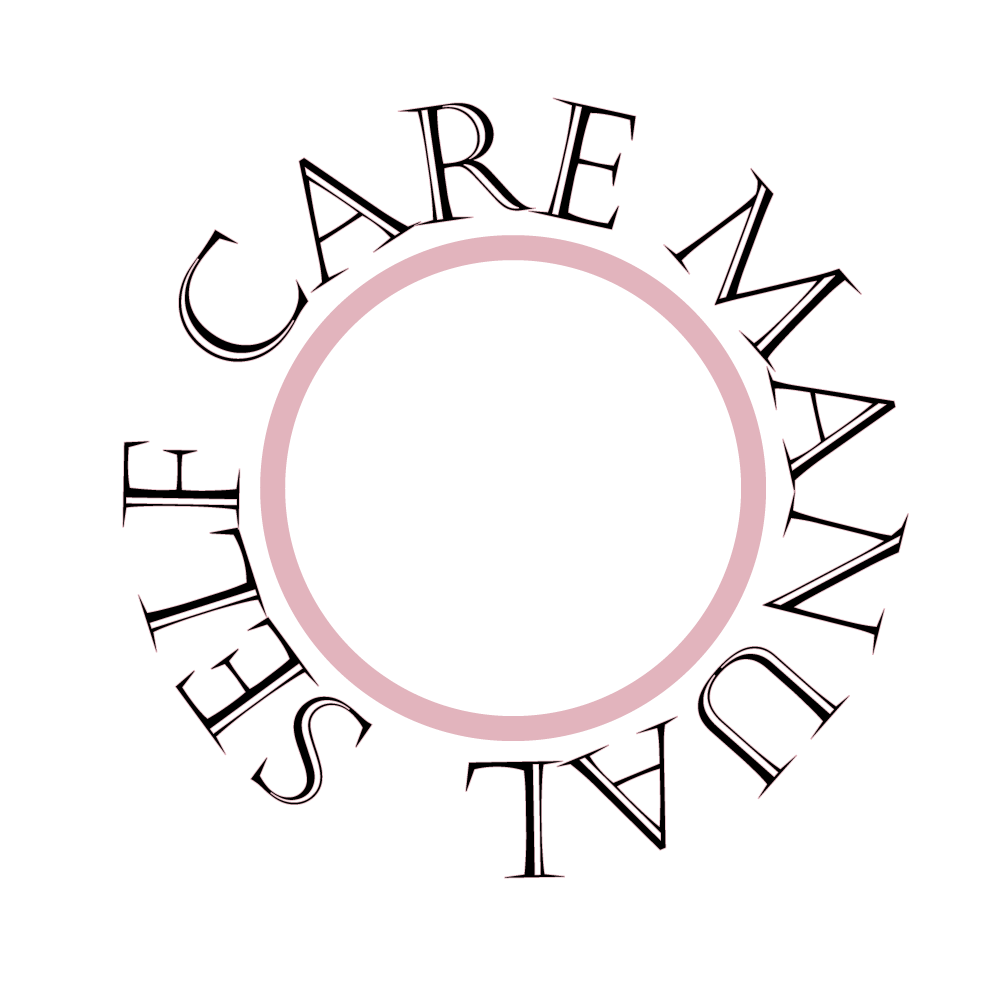How to Be Gentle With Yourself - Nurturing Self-Kindness Every Day
Ever found yourself racing through life's demands, neglecting yourself? When was the last time you allowed yourself to slow down? Let’s talk about it.
In a world that often mistakes gentleness for weakness, it’s difficult to treat yourself with kindness.
Unraveling the Inner Monologue: Your First Step to Self-Kindness
Have you ever paused to eavesdrop on the ongoing conversation in your mind? That inner monologue narrating your daily experiences and self-reflections? Believe it or not, this internal dialogue holds the key to transforming how you treat yourself.
Take a moment each day to tune in, to catch the subtle whispers and sometimes not-so-subtle critiques. Recognize these thought patterns.
The truth is, the way we speak to ourselves matters. It's the foundation upon which our self-image stands.
Changing the tone of this inner dialogue won't happen overnight, but it's a daily practice, a commitment to infuse your mind with kindness. Day by day, the narrative will shift, becoming gentler, more compassionate.
For example, if you notice that you are critical of yourself when you eat sweets and snacks, try to approach the conversation with yourself if a different manner. Instead of saying something like: “Why can’t I control myself? Why am I doing the same thing I said I would not do?” - try saying something like “It’s ok to eat food that gives you pleasure.” or “It’s ok to indulge in this from time to time, I am not too strict with myself.”
Taking Care of Your Body
It’s not just the mind that requires a gentle approach - you need to think of your body as well.
So, here are some practical tips on how to treat your body with more kindness and gentleness:
Quality Sleep Matters: Adequate sleep is the cornerstone of a well-functioning body and mind. Research consistently emphasizes the importance of getting 7-9 hours of quality sleep each night. Create a calming bedtime routine, limit screen time before sleep, and ensure your sleeping environment is conducive to rest.
Nourish Your Body: Consider your body as a temple deserving of nourishment. Opt for a balanced diet rich in fruits, vegetables, lean proteins, and whole grains. Mindful eating is about savoring each bite, appreciating the flavors, and being attuned to your body's hunger and fullness cues.
Unplug for Inner Peace: Dedicate time each day to disconnect from devices, allowing your mind to rest and rejuvenate. Engage in activities that bring joy and relaxation, whether it's reading a book, going for a walk, or practicing mindfulness.
Hobbies: Quality Time Without the Pressure of Productivity
You also need to have time in the week just for yourself. Without the pressure of being productive. Just time to have fun.
Consider the world of books. Whether it's getting lost in a novel, exploring non-fiction, or enjoying poetry, reading is a simple way to relax and discover more about yourself.
Express your creative side through activities like painting, knitting, or pottery. It's not about perfection but about finding joy in the process.
Spend time outdoors with leisurely walks. Whether it's a park, beach, or forest, nature has a calming effect. You might even try bird watching for a peaceful experience.
Remember, these moments are about enjoying yourself without the need to achieve something.
Be Kind to Others
In the journey towards a healthier and more joyful life, one powerful avenue is often overlooked: kindness towards others. Taking the time to do good not only enhances your well-being but also has the incredible potential to brighten someone else's day.
Engaging in acts of kindness can create a positive ripple effect, fostering a sense of connection and community.
Interestingly, the practice of kindness towards others can extend to how you treat yourself.
Imagine treating yourself with the same warmth and understanding you extend to a friend. Cultivating this self-compassion becomes a powerful tool in your self-care toolkit. It involves acknowledging your strengths, forgiving your shortcomings, and embracing the journey of personal growth with patience and kindness.

